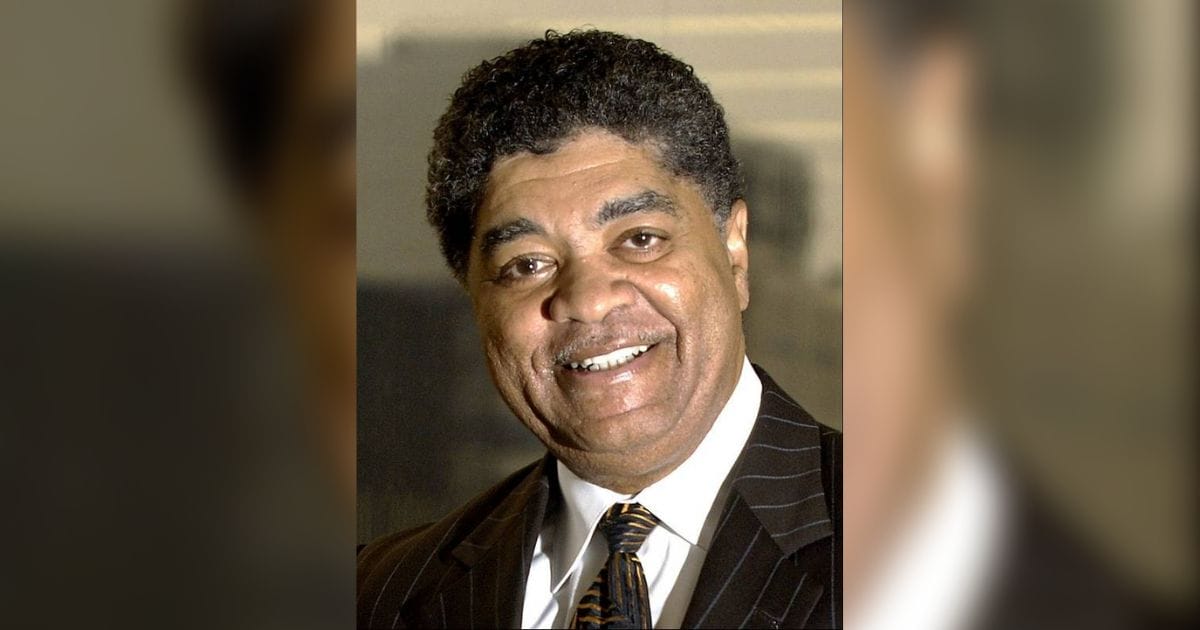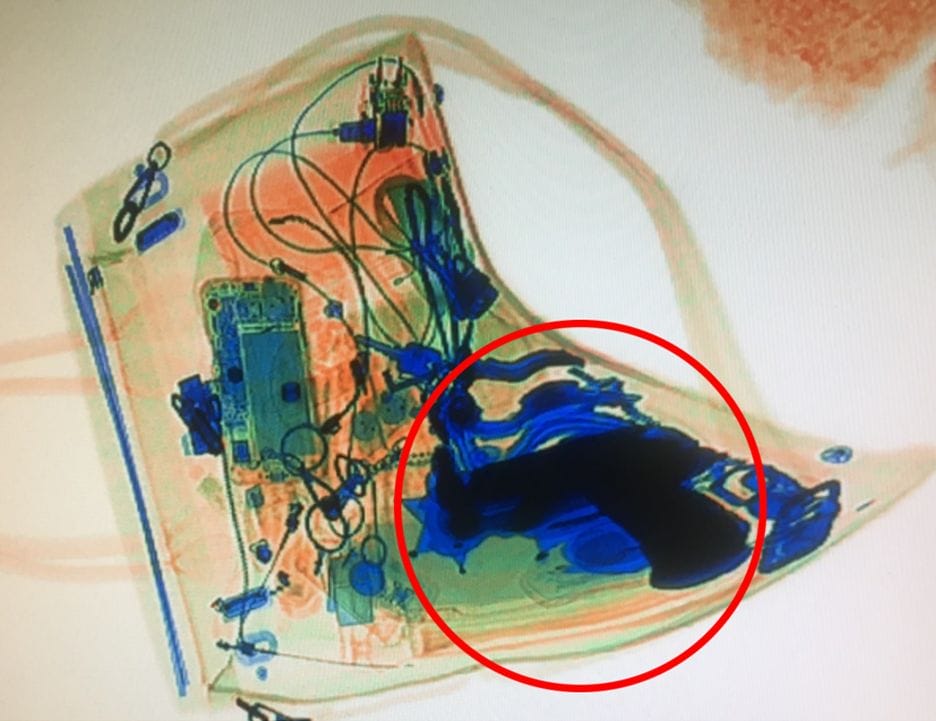Ivan Rittenberg, an attorney for the plaintiffs told the Crusader that although Chief Judge Timothy Evans is named a defendant in the case, he has immunity by order of an appellate court because of his position. However, his name remains on the complaint, but his subordinates including Superintendent Leonard Dixon are actually defendants in the case.
Chief Judge of the Circuit Court of Cook County, Timothy Evans, will face trial after a judge moved forward a lawsuit by two employees who said they were victims of retaliation after they told a top official a gun in the purse of supervisor-in-charge Lynn West was scanned in a metal detector at the Cook County Juvenile Temporary Detention Center (JTDC).
The lawsuit filed in 2018 by JTDC employees John Doyle and Fitzgerald Mullins, said whistleblower laws were violated when they were suspended for doing their jobs at the facility at 1100 S. Hamilton Ave.
State law prohibits a firearm in the JTDC. A violation is considered a Class X felony, which could lead to a prison sentence of between six to 30 years. Mullins and Doyle reported the scanning incident as required by their job description.
As defendant in the lawsuit, Chief Judge Timothy Evans is accused of allowing alleged misconduct to go undisciplined.
Two lawsuits were filed against him after the incident at the JDTC allegedly damaged the careers of Doyle and Mullins. They were suspended as Cook County officials denied their claims that an X-ray device in the metal detector scanned a gun and police badge. A photo of the scan clearly shows that a firearm and a police badge were brought into the JTDC, a felony offense.
A jury will now look at the scanned image and decide whether a crime was committed and whether Doyle and Mullins were retaliated against as whistleblowers.
No date has been set for the trial; a status hearing is set for April 24 via Zoom with Judge Sophia H. Hall.
On March 17, Judge Hall denied a summary judgment on the case and said a jury trial will decide whether a violation was committed on October 17, 2017.
According to separate lawsuits by Doyle and Mullins, on that day, Lynn West, a supervisor-in-charge, entered the JTDC to begin her shift. West had her handbag scanned at 6:45 a.m. In his lawsuit, Doyle, a security specialist who worked the metal detector that morning, said the scanner lit up and the detector went off.
In their lawsuits that allege retaliation, Mullins and Doyle said after the gun was detected, West left the screening area and was seen leaving the JTDC facility unaccompanied before she walked to a car that sat in front of the building.
The lawsuits say West took seven minutes to return to the screening area before her handbag was scanned a second time where the alleged badge and the gun were gone, and the metal detector did not go off.
Doyle, a subordinate, reported West and the incident to Mullins, his supervisor.
Mullins then reported the incident to the Cook County Sheriff’s Office and filed an incident report. Mullins’ actions would be reviewed by the JTDC’s leadership including JTDC Superintendent Leonard Dixon and JTDC Deputy Superintendent Diane McGhee, among others.
Mullins was accused of violating two JTDC codes of conduct that include a “slander/rumors” policy and a conflict-of-interest policy.
The report was signed and dated by Dixon, McGhee, Mullins, and special assistant to the superintendent, Bruce Burger, who is listed below his signature as a personnel hearing officer.
The JTDC states in the “Management #1” section of the report, “Mullins failed to clarify the situation to reporting staff and reported to the management of the Cook County Sheriff that a dangerous contraband was brought into the JTDC”.
Mullins maintains that the report and charges against him by Dixon and McGhee were unfair but the hearing itself denied his rights to due process.
Doyle and Mullins questioned why Dixon, an embattled superintendent with a history of complaints from employees at the JTDC, was allowed to conduct an investigation of the incident rather than turning it over to the facility’s investigative unit.
Doyle was suspended for 20 days without pay. He is still employed at the facility.
Suspended for one day for the alleged violation, Mullins, a senior supervisor who dreamed of becoming the JTDC’s superintendent one day, retired after he was forced out, according to his attorney, Ivan Rittenberg. By 2018, Mullins had worked at the JTDC for 25 years, acquiring an impressive employee record according to Rittenberg and several employees who spoke to the Crusader.
Chief Judge Evans appointed Dixon as superintendent of the JTDC in 2015. But a myriad of complaints against Dixon, ranging from engaging in employee favoritism, to unprofessional behavior, to not disclosing his contract work in a county court in Mississippi, led to a no confidence vote by a Teamster’s union in 2018.
Rittenberg said results of the no confidence vote were submitted to Chief Judge Evans but he kept Dixon as the JTDC’s superintendent, where he remains today.
Jacqueline McCoy, a former JTDC employee whom many knew had a stellar employee record, was fired in 2018 after she spoke out against some whistleblower concerns regarding Dixon showing favoritism to certain employees.
Dixon and other JTDC officials accused her of 465 violations but to this day, despite repeated requests from her and Rittenberg, have never given her the report that lists the allegations and charges. Mcoy had also filed a lawsuit and named Chief Judge Evans, Dixon and McGhee, and other individuals as defendants.
Questions remain whether West was ever disciplined, but she still works at the facility, Rittenberg said. Public records show West’s annual salary in 2020 was $122,230. In 2018, in a Crusader investigation, the newspaper reported West’s annual salary as $80,381.
The Crusader story raised questions about the facility’s suspension of Doyle and Mullins and the explanations officials gave for the scanned image of the gun and the badge. The story reported West was never disciplined and that the Cook County State’s Attorney office tried, but failed to have their subsequent lawsuits dismissed.
In the Crusader story in 2018, Sophia Angari, a spokesperson for the Cook County Sheriff’s office and Cara Smith, Cook County Sheriff’s Chief Policy officer, both agreed with the report’s claims that no gun was found when contents of West’s purse were scanned by the X-ray device on the metal detector.
But in the conclusion section of Mullins’ disciplinary report, Dixon and McGhee said the alleged gun was listed as “a sunglass case.”
However, the Crusader story raised questions as to why a sunglass case would cause a metal detector to go off. During its investigation in 2018, a Crusader journalist brought a sunglass case and its contents through metal detectors at the Dirksen Federal Courthouse, the Leighton Criminal Courts Building, the Daley Center, and the Cook County Circuit Courthouse at 555 W. Harrison in Chicago. On every test, the metal detectors failed to light up and go off, and the reporter left the screening area without being questioned about the item.
Three of the four security specialists at the screening areas stated a sunglass case would never trigger an alarm. They added that the sunglass case and the gun can easily be identified as such on the scan. Additionally, if a person walks through the metal detector with a sunglass case in their pocket, the metal hinges on the item would set off the screening device.
During the trips to the courthouses, the Crusader journalist showed the JTDC scan of the image of the gun and the police badge. All but one security official said the item in the scan looked like a gun. The lone official who wasn’t sure, said it could be, but was uncertain.







